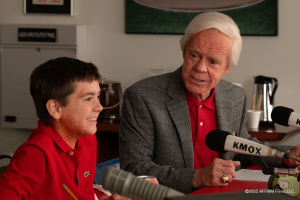Earth has Multiple Moons, Scientists Discover
While studying satellites orbiting the planet, Scientists have recently discovered that at any given time the Earth could have multiple moons, the MIT Technology Review reported.
Mikael Granvik, and his team of colleagues from the University of Hawaii, uncovered a mysterious object orbiting the Earth in 2006. They ended up labeling it RH120 and it turned out to be a tiny asteroid just a few meters across. It also worked as a natural satellite similar to the moon.
Since that time, researchers have been investigating this Earth-Moon orbit that seems to pull objects into it such as RH120 that was captured in September 2006. It had orbited the planet until June 2007. Scientists have been hard at work looking to discover the frequency in which these objects get pulled into the orbit.
“At any given time, there should be at least one natural Earth satellite of one-meter diameter orbiting the Earth,” wrote Granvik, Jeremie Vaubaillon and Robert Jedickein in “The Population of Natural Earth Satellites,” a paper published in online physics journal ArXiv.org.
This means that the Earth most likely has a secret moon orbiting it at this very moment. These secret moons or space objects usually stay in the planet’s orbit for about 10 months.
These orbiting objects are usually only a meter or two in diameter so to call them moons would be somewhat of an over exaggeration. Even though moon may be the wrong choice of word, this is still an amazing discovery in space exploration in an age where NASA hopes to send astronauts to an asteroid.
“The scientific potential of being able to first remotely characterize a meteoroid and then visit and bring it back to Earth would be unprecedented,” the research team concluded.



























